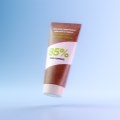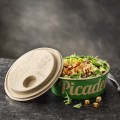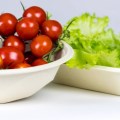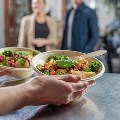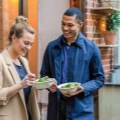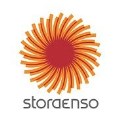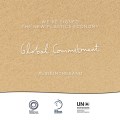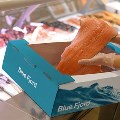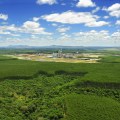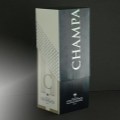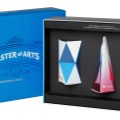If this is your company, CONTACT US to activate Packbase™ software to build your portal.

The world is a fast-changing place and many parts of it are becoming more and more urbanized in terms of demographics and lifestyle. How can brand owners and retailers meet the packaging demands that come with this?
Packaging has several important tasks in people’s lives. It helps us in storing and in guaranteeing the food’s safety, it preserves the freshness of the food and it simplifies our daily routines. To fulfil all these tasks, easily formable packaging has advantages.
More and more people live in small apartments, and easy storage is becoming a bigger and bigger purchase influencer. Every square meter in the small living spaces is valuable and the ability to store products in a clever way has become incredibly important. The urban habitants are looking for smaller and more compact packaging, making it easier to store. Smaller packaging sizes and smarter storing solutions really are the future.
Consumers with little space are looking for adaptable packaging solutions that could help them store products. For example, in Germany, 74% prefer packaging that is stackable for storage and 86% prefer as little packaging as possible. In China, 82% want packaging that is flexible and adaptable to the content.
If consumers think that the outer packaging takes too much room in their cupboards or fridges, they repack into other containers or take it out of the box. As a result, protection may be compromised, and product information and user instructions lost, so that is something that packaging designers could do better.
In all three of the markets we did our consumer insights study in, the consumers prefer as little packaging material as possible, and stackable packaging solutions. However – they still want a confirmation of safety and freshness of the content. So, another demand that is increasing is resealability for freshness and safety. The freshness demand will only grow larger over the next years, since most consumers think they will be buying more and more fresh food in the future.
Work, friends, family and health – these are the key parts of the life puzzle of urban consumers who therefore buy a lot of convenience foods. Young and/or single consumers might not even cook during weekdays. Often, frozen foods can fulfill their need of convenience. But still, convenience means different things to different consumers, depending on way of life, eating habits and family structure. For example, in Great Britain, 78% of the consumers think frozen food offers convenience, while in China 76% think packaging for prepared meals is the most important.
The consumers are unanimous about one thing: life can be simplified with the right packaging.


